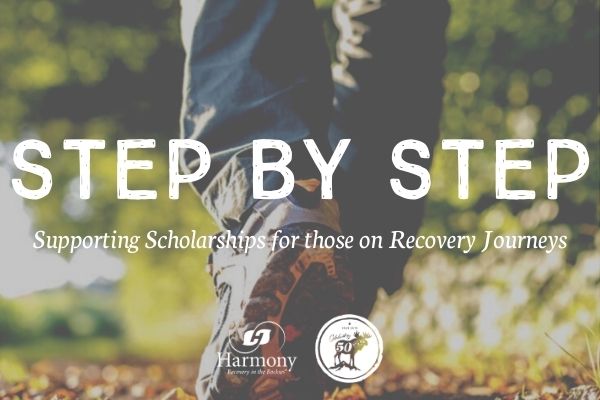The original Labyrinth in Greek mythology was an elaborate, confusing structure designed by Daedalus to imprison the Minotaur monster. According to the myth, that labyrinth was so cunningly made that Daedalus could barely escape it himself after building it.
Today, many people would call such a structure a maze while a labyrinth serves an entirely different purpose. “The labyrinth is one of the oldest contemplative and transformational tools known to humankind, used for centuries for prayer, ritual, initiation, and personal and spiritual growth,” wrote Melissa Gayle West in Exploring the Labyrinth. It’s a spiritual healing tool that has no blind alleys, dead ends, or tricks (as in a maze), and you can always see the center. “Once you set your foot upon its path, the labyrinth gently and faultlessly leads you to the center of both the labyrinth and yourself, no matter how many twists and turns you negotiate in the process.”
“Many walkers see the pathway as embodying a deeper meaning, such as the journey of life. You walk to the center, stop and reflect, then slowly go back to your day-to-day existence,” wrote Nancy Stedman for The Philadelphia Inquirer in April.
Spiritual pioneer Reverend Lauren Artress has called labyrinths watering holes for the spirit. “Walking the labyrinth is a spiritual practice that shifts the metaphor of living a spiritual life. Instead of climbing the ladder of perfection, or living a rule-bound life, the labyrinth teaches us that life is a journey to arrive at being conscious in the present moment,” Dr. Artress wrote in The Path of the Holy Fool: How the Labyrinth Ignites Our Visionary Powers.
Representing growth and transformation, walking a labyrinth can confer a sense of clarity, peace, and serenity—a valuable mindset on the spiritual journey of recovery from addiction. Addiction treatment at Harmony promotes physical, emotional, and spiritual healing, empowering clients to embark upon the lifelong journey of recovery.
Walking the labyrinth at Harmony serves as a symbolic representation of that journey. You mindfully walk to the center accepting the gift of recovery before returning to your day-to-day existence a changed person ready to embrace a new life of sobriety.
At the same time, walking the labyrinth is not only a symbolic act. The meditative aspect of the walk is a powerful recovery tool to calm the mind and ward off cravings. “The mind can be stilled and attention paid to the body, the wisdom of the heart, and the graces of being rather than doing,” wrote Melissa Gayle West in Exploring the Labyrinth.
Harmony will give you many tools to cope with the mental stress and trauma that may have fueled your substance misuse. Meditation is often one of the more important tools because it can train your mind to regulate emotions better, stay focused, and overcome cravings. Walking our labyrinth can be part of your meditation practice while you’re in treatment at Harmony.
If you or a loved one are struggling with alcohol or drug addiction, or you have questions about our programs, call us today at (866) 686-7867 to get the help needed as soon as possible. Our experienced staff is available 24 hours a day, seven days a week.











